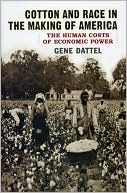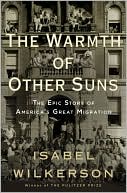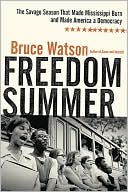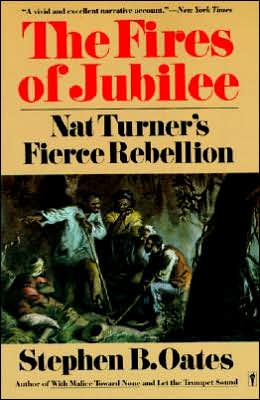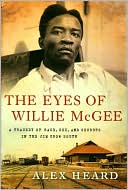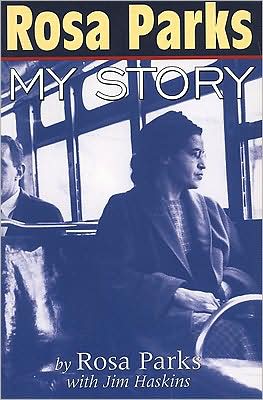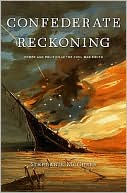Cotton and Race in the Making of America: The Human Costs of Economic Power
Search in google:
Since the earliest days of colonial America, the relationship between cotton and the African-American experience has been central to the history of the republic. America's most serious social tragedy, slavery and its legacy, spread only where cotton could be grown. Both before and after the Civil War, blacks were assigned to the cotton fields while a pervasive racial animosity and fear of a black migratory invasion caused white Northerners to contain blacks in the South.Publishers WeeklyTwo themes, one explicit, one implicit, compete in this exploration of the link between the development of American capitalism and the devastation of the African-American community. The price of cotton as the “determinant of America's destiny, influencing and even overcoming individual will and ethical behavior” is the fully explicit one. In treating it, Dattel (The Sun Never Rose), formerly a managing director at Salomon Brothers and Morgan Stanley, offers an economic history of cotton. The book's chronological path absorbs the creation of the Confederacy, the waging of the Civil War, Reconstruction, the rise of the Klan, the development of sharecropping, the displacement of black labor by machine and the falling price of cotton. The secondary and competing theme is Northern complicity in the slave trade, the cotton economy, segregation, racism and the development of the “black underclass in the North and South, with its destructive behavioral characteristics.” The economic slant leads to interesting tables and statistics concerning fluctuations in the price of cotton, but for serious readers, the usefulness of Dattel's work is diminished by his heavy reliance on secondary sources and casual documentation. (Oct.)
Contents Preface....................ix Acknowledgments....................xiii 1 The Silent Issue at the Constitutional Convention....................5 2 Birth of an Obsession....................27 3 Land Expansion and White Migration to the Old Southwest....................39 4 The Movement of Slaves to the Cotton States....................50 5 The Business of Cotton....................61 6 The Roots of War....................85 7 Being Free and Black in the North....................107 8 The Colonial North....................111 9 Race Moves West....................134 10 Tocqueville on Slavery, Race, and Money in America....................154 11 Cultivating a Crop, Cultivating a Strategy....................163 12 Great Britain and the Civil War....................177 13 Cotton and Confederate Finance....................184 14 Procuring Arms....................193 15 Cotton Trading in the United States....................201 16 Cotton and the Freedmen....................209 17 New Era, Old Problems....................221 18 Ruling the Freedmen in the Cotton Fields....................243 19 Reconstruction Meets Reality....................253 20 The Black Hand on the Cotton Boll....................266 21 From Cotton Field to Urban Ghetto: The Chicago Experience....................283 22 King Cotton Expands....................293 23 The Controlling Laws of Cotton Finance....................302 24 The Delta Plantation: Labor and Land....................313 25 The Planter Experience in the Twentieth Century....................348 26 TheLong-Awaited Mechanical Cotton Picker....................352 27 The Abdication of King Cotton....................358 Appendix....................367 Notes....................373 Index....................399
